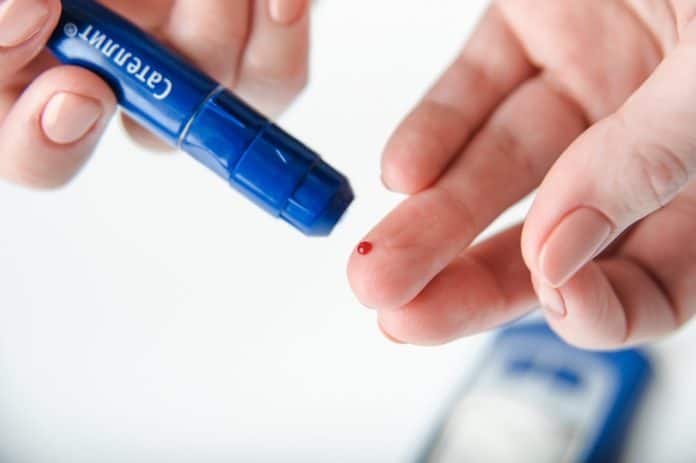This shows that there are more than just Type I or Type 2 diabetes. This, according to scientists, will help doctors cut down on medication for some patients and prescribe drugs to prevent complications such as blindness, kidney or nerve damage.
The study was done as part of the India-Scotland Partnership for Precision Medicine in Diabetes (INSPIRED) and was published in the BMJ Open Diabetes Research and Care recently. It classified Type 2 diabetes in Indians into four distinct clusters — SIDD (Severe Insulin Deficient Diabetes), IROD (Insulin Resistant Obese Diabetes), CIRDD (Combined Insulin Resistant and Deficient Diabetes) and MARD (Mild Age-Related Diabetes).
In this study, a team of scientists analysed nearly 20,000 case sheets of patients with Type 2 diabetes from Dr Mohan’s Diabetes Speciality Centre, in association with the University of Dundee, School of Medicine, Scotland, to categorise patients into four clusters, two of which were unique to Indians — IROD and CIRDD.
The scientists then replicated the findings in a representative population-based ICMR-INDIAB study done across 15 Indian states. “Until now, we have been treating all Type 2 diabetes as the same. The study shows different clusters of Type 2 diabetes in Indians,” said diabetologist Dr RM Anjana, the first author of the study.
Also read: Heart attack can strike despite low cholesterol
This research helps doctors predict the risk of complications and focus on individuals with the highest risk of developing complications, said senior diabetologist Dr V Mohan, in the study. Agreeing, Dr Abhay Gundugarthi, endocrinologist, Sagar Hospital, said, “Dr Mohan’s Centre is reputed and the study done by them will definitely help clinicians treat patients effectively and prevent complications.
This further classification will benefit many patients.” Dr Colin Palmer from the Department of Pharmacogenomics, School of Medicine, University of Dundee, said, “Recognising subtypes might help doctors choose specific medication for their patients, instead of standard treatment.”While it remains unknown if clusters of diabetes have different causes or whether people’s classification might change over time, scientists are working to see if genetic markers play a vital role.
The Health Master is now on Telegram. For latest update on health and Pharmaceuticals, subscribe to The Health Master on Telegram.


